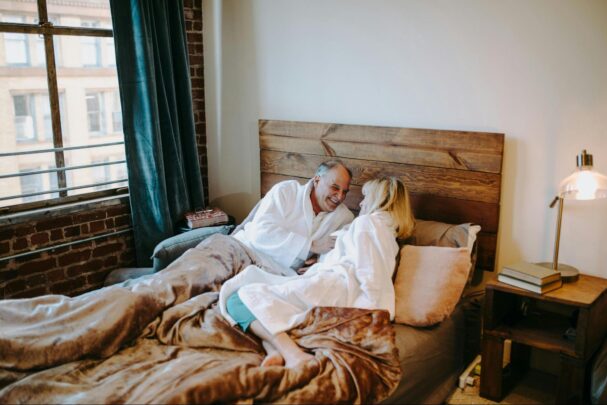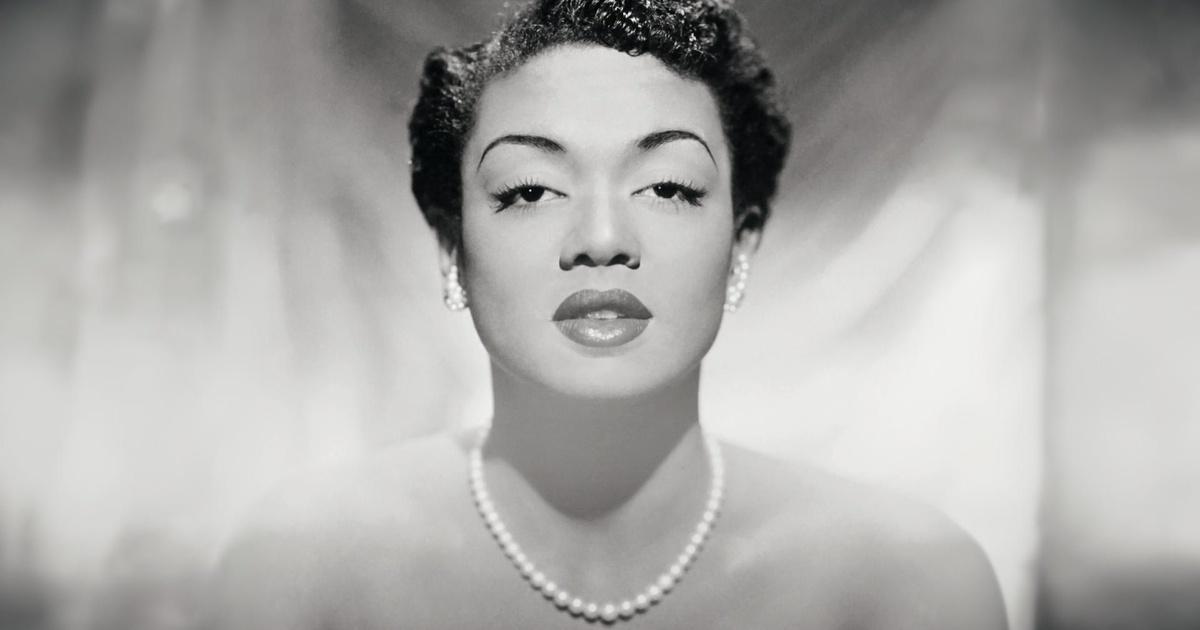Confronting ageism on the big and small screen and in everyday life
I’ve been part of a small group of women who have been meeting every month for several years, going to dinner, watching a movie and then talking about the film and various other things over dessert. It makes for a fun night out of the house, but especially since the pandemic, we’ve been having a difficult time finding films we want to see. Many seem too horrifying or violent, and the schedules for others of potential interest — in theaters very briefly before hitting the streaming services — don’t line up with a date picked for our outings. A few times, due to the lack of offerings, we’ve even opted to skip the movie and focus on dinner and dessert.
Before the next gathering, I’m going to consult the list of winners of the AARP’s Movies for Grownups Awards. For more than two decades, the honors have celebrated films and television shows that have “recognized the talent and experience of older actors and filmmakers,” according to the organization.
The awards ceremony, held earlier this month in Beverly Hills, CA, was broadcast Sunday. If you’re seeking inspiration for your next outing to the theater, trip to your living room couch, or senior living community event, you can see the list of winners here. Some of the films that my friends and I have avoided are on the list, but many others made the cut as well.
| I want Alan Cumming’s suit! |
The awards come just after the release of the results of an AARP survey of more than 1,000 people aged 50 or more years on their thoughts about the portrayal of people their age in movies and on TV.
Sixty-nine percent of respondents in the “Breaking Stereotypes: The Push for Real Representation of Older Adults in Movies and Television” poll said they consider it important that such endeavors accurately represent their age group in both casting and storylines. Only 7%, however, said that films and TV shows often meet that goal, with 59% saying films and TV shows sometimes are accurate, 29% saying they rarely are accurate, and 4% saying they never are accurate.
Fifty-three percent of survey participants said they want advocacy for equal opportunities for actors, directors, writers and producers aged 50 or more years, with at least four in five saying they believe that male actors (80%), female actors (84%) and directors, writers and producers (83%) aged 50 or more years contribute unique perspectives to films and TV shows.
But entertainment-related ageism and stereotyping, the study results suggest, aren’t limited to those who work in the industry; they also apply to and affect consumers of entertainment. Fifty-one percent of survey respondents said the industry’s focus on youth culture prevents more projects from centering on and featuring adults aged 50 or more years, and 42% said that an industry bias exists against representing such people in film and TV projects.
Fifty-five percent of participants said they want to see more positive portrayals of those 50+ on the big and small screen, and 73% said they are more likely to support movies or TV shows that include characters similar to them in age and life experiences.
“The results of this survey demonstrate what we have suspected since we started the Movies for Grownups Awards program – that older adults care deeply about seeing their experiences accurately reflected on screen,” Heather Nawrocki, vice president of AARP Movies for Grownups, said in a statement. “Likewise, the studios and storytellers who are able to capture the experiences and perspectives of older adults benefit from the significant buying power and loyalty of this age group.”
Buying power is not a factor to be overlooked, in entertainment and elsewhere. In the United States, 70% of disposable income is held by people 60 or older, according to Michael W. Hodin, CEO of the Global Coalition on Aging.
“By creating dynamic, nuanced characters reflecting the life experiences of people over 50, the industry can continue to better connect with this powerful audience, driving both engagement and revenue,” the AARP said.
My friends and I aren’t necessarily looking strictly for films featuring people 50 or older, but we certainly appreciate the avoidance of stereotypes and the opportunity to enjoy the work of older creative individuals. And we cheer the fighting of ageism in entertainment and in everyday life.
Lois A. Bowers is the editor of McKnight’s Senior Living. Read her other columns here. Follow her on X (formerly Twitter) at Lois_Bowers.










